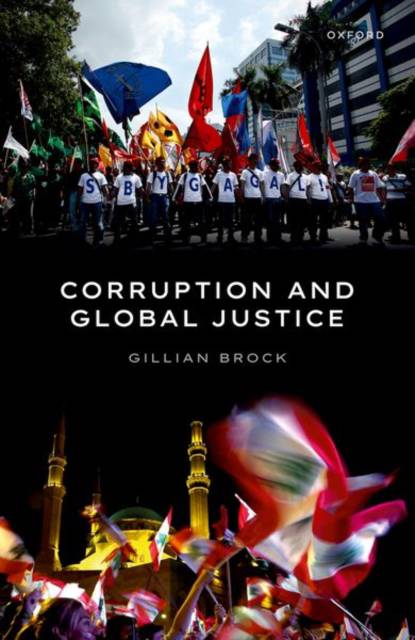
- Retrait gratuit dans votre magasin Club
- 7.000.000 titres dans notre catalogue
- Payer en toute sécurité
- Toujours un magasin près de chez vous
- Retrait gratuit dans votre magasin Club
- 7.000.0000 titres dans notre catalogue
- Payer en toute sécurité
- Toujours un magasin près de chez vous
Description
Corruption is a pervasive problem across the world and is regularly ranked as among the greatest global challenges. Considering the role that corruption plays in exacerbating deprivation and fuelling social tension, peaceful and just societies are unlikely to come about without tackling corruption. Addressing corruption should be a high priority for those concerned with poverty eradication, peace, security, and justice. Yet, curiously, corruption has not yet been the focus of any books by philosophers working on global justice topics. Corruption and Global Justice does so. Author Gillian Brock offers a normatively justified account of how to allocate responsibilities for addressing corruption across the many agents who can and should play a role. In order to know who should take responsibility and how they should do so, we need to understand multiple forms of corruption, the corruption risks associated with various activities, the interventions that tackle corruption effectively, and current policy and legal frameworks in place for addressing corruption. In addition, Brock proposes a new framework for navigating responsibility to address injustice, one that is action-oriented and forward-looking. Adopting an agent-empowering approach and harnessing the power of joining forces in effective collective action, Corruption and Global Justice addresses a significant global problem in a comprehensive way, providing the tools we need for progress as we collaborate to tackle this global scourge.
Spécifications
Parties prenantes
- Auteur(s) :
- Editeur:
Contenu
- Nombre de pages :
- 224
- Langue:
- Anglais
Caractéristiques
- EAN:
- 9780198875642
- Date de parution :
- 01-09-23
- Format:
- Livre relié
- Format numérique:
- Genaaid
- Dimensions :
- 162 mm x 236 mm
- Poids :
- 485 g

Les avis
Nous publions uniquement les avis qui respectent les conditions requises. Consultez nos conditions pour les avis.






